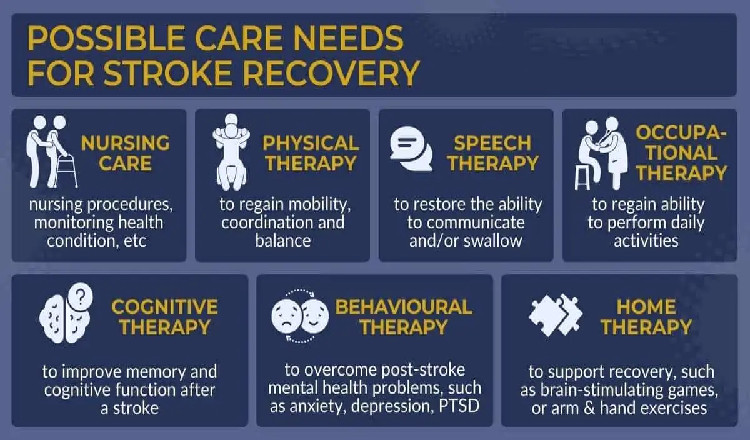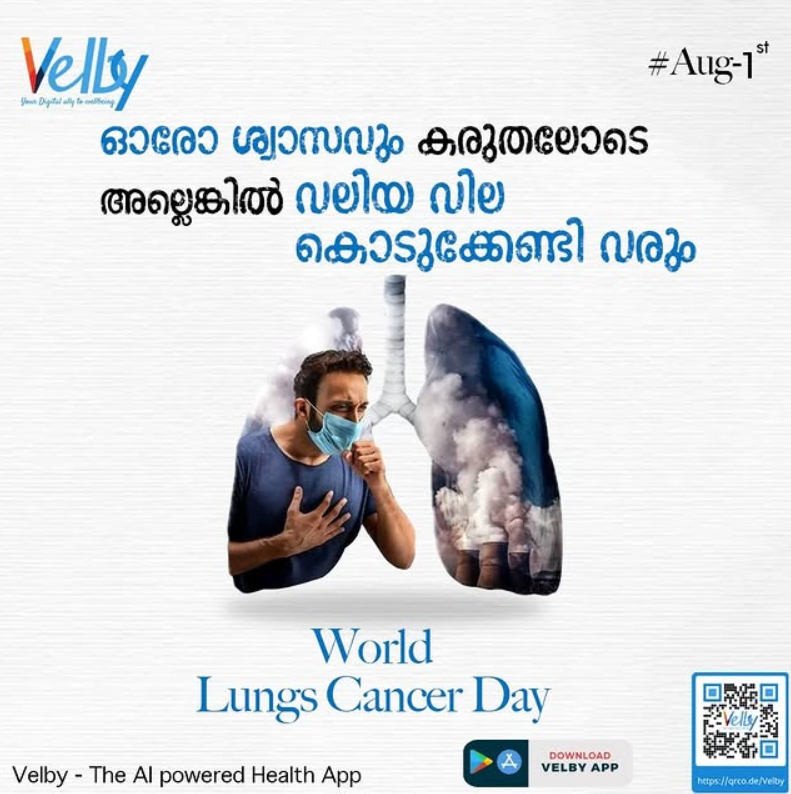
According to a recent study from King's College London, which was published in The Lancet Regional Health – Europe, researchers emphasize the pressing need for better support for stroke survivors suffering from depression. The study reveals a stark reality: 60% of stroke survivors experience depression within 18 years, a significantly higher rate than previously estimated, compared to 22% in the general population within the same timeframe. The research, supported by the National Institute for Health and Care Research, underscores the critical window for healthcare intervention, with 90% of depression cases occurring within five years post-stroke. Analyzing data from the South London Stroke Register, which includes 6600 survivors in Lambeth and North Southwark boroughs, the study highlights the demographics of the population, which was 55.4% male, with a median age of 68 years. Moreover, the study found that severe depression tends to manifest earlier post-stroke, persists longer, and recurs more rapidly than mild depression, further emphasizing the need for tailored interventions and support mechanisms for this vulnerable population. Lu Liu, the corresponding author and a PhD candidate with a clinical background at King's College London, emphasized the significance of quality of life for stroke survivors. Depressed survivors, she noted, exhibit a reduced survival rate, likely due to various factors such as disruptions to social life, diminished physical ability, and inflammatory disorders commonly observed in depressed patients. She further stressed the importance of clinical attention for patients experiencing depression lasting longer than one year, given the heightened risks of persistent depression.

Dr Indu CG, MD
Psychiatrist
ഡോ.പി.പി.വേണുഗോപാൽ
അത്യാഹിതങ്ങളിൽ അത്താണിയായൊരു ഭിഷഗ്വരൻ
A recent study, conducted by researchers at the Johns Hopkins Kimmel Cancer Center, the Johns Hopkins Bloomberg School of Public Health, and Foundation Medicine, indicates that a gene commonly linked to colorectal cancer may also contribute to the development of other solid tumors
Cities globally attract young individuals for work, education, and social opportunities, and a recent study outlines characteristics crucial for bolstering their mental health.
Metabolic syndrome in children with overweight and obesity: a hospital based cross sectional study
Madhava Vijayakumar , Ajitha Balakrishnan , Sabitha Sasidharan Pillai
We have various options to advertise with us including Events, Advertorials, Banners, Mailers, etc.